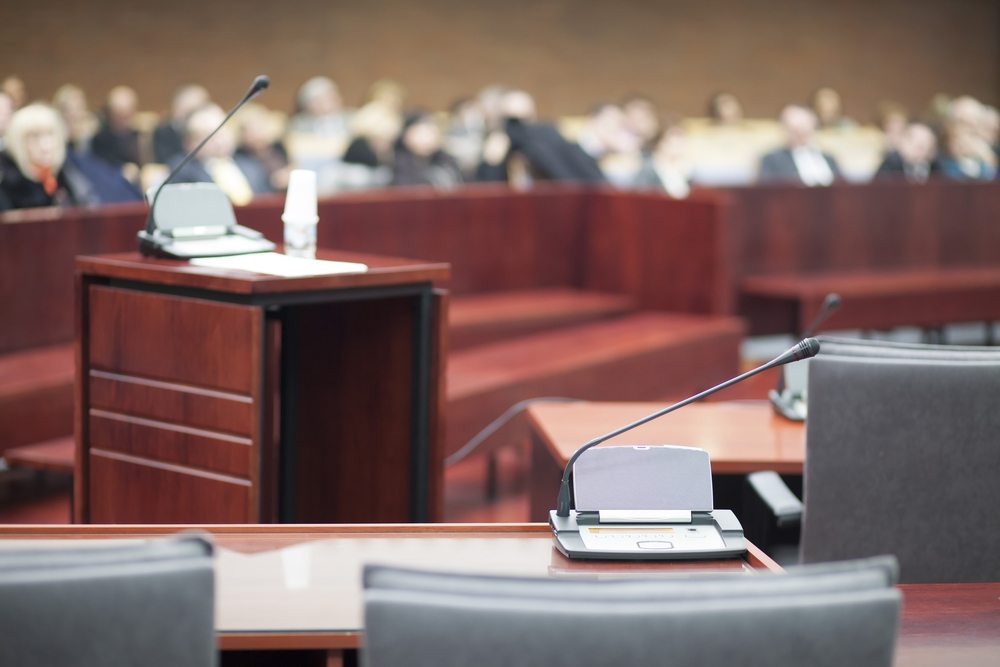The primary duty of an expert witness is to the court, and this duty overrides any obligation to the party instructing or paying the expert. Expert evidence must be objective, independent, unbiased and based on all material facts.
Kimberley Owen considers some cases in which experts have made errors and been criticised by the judge. This can damage the expert’s reputation and is sometimes the death knell for the instructing party who is relying on the expert evidence.
Expert witnesses should be familiar with part 35.3 of the Civil Procedure Rules and its Practice Direction, which sets out the requirements an expert must adhere to when preparing their report. The court will consider various factors including whether the expert evidence is tendered in good faith, whether the expert is responsible, competent and/or respectable, and whether the opinion is reasonable and logical.
Unconscious bias
Experts must take care not to form an opinion based on a view they may hold outside their conscious awareness and control.
In the case of Palmer v Mantas [2022] EWHC 90, the defendant argued that the claimant had exaggerated her symptoms following a road traffic accident, and there was a dispute over whether and to what extent the claimant had suffered a brain injury.
The neuropsychologist instructed by the defendant made some “judgemental and rather scathing comments” about the claimant, including that she was “self-pitying and histrionic”, language which the expert conceded in oral evidence she would not have used to describe a man. The judge indicated that her language was “beyond that which is appropriate for an expert to employ and suggests a level of unconscious bias”.
Interestingly the pain medicine expert instructed by the defendant was also subject to some criticism due to his over-zealous use of language and various errors and attacks made on other experts, for which he apologised. The judge found him to have departed from his Part 35 duty.
Insufficient expertise
Not being an expert in a particular field on which the expert is providing an opinion is dangerous territory.
In ZZZ v Yeovil District Hospital [2019] EWHC 1642, the judge had grave doubts about whether one of the experts had the expertise necessary to comment on the relevant injuries. While all the other experts opined that the only possible treatment for the claimant’s condition was surgery, this particular expert recommended bed rest and analgesia (described by the judge as “quite remarkable”).
Conflict of interest
Conflict of interest for an expert can take many forms, including a financial interest in the outcome of the litigation, a conflicting duty, or a personal or other connection with a party that might consciously or subconsciously influence or bias the expert’s decision.
In the case of EX v Barker [2015] EWHC 1289 (QB), the expert had provided a reference for the defendant in the past. However, he failed to inform his instructing party of this or make any reference to it within his report; it only came to light during cross examination. Due to this, the judge chose to place no weight on the expert’s evidence even though it was logically compelling.
An expert’s conflict of interest also places obligations on the instructing party.
It was made clear in the case of Toth v Jarman [2006] EWCA Civ 1028 that the party calling the expert should inform the court of the existence of a conflict of interest (or potential conflict) at the earliest available opportunity to enable the court to decide whether the conflict of interest is material or not. Also, the other party should be made aware of the information as soon as possible.
A lack of awareness of the legal tests
An expert’s familiarity with the relevant legal tests is vital.
In the cases of Harris v Johnston [2016] EWHC 3193 (QB) and ZZZ v Yeovil District Hospital [2019] EWHC 1642, the experts in question were unaware of the test for a professional negligence case.
In the former of these cases, the expert misunderstood the relevant test. Instead of asking whether a particular surgeon fell below the standards to be expected of the reasonably competent and experienced neurosurgeon operating on the patient, he equated professional negligence with the degree of competence that had to be demonstrated to pass a surgical examination.
Saying nothing is unacceptable
An expert will not avoid judicial criticism by saying nothing on a matter of relevance.
For example, in the case of EXP v Barker [2017], one party’s expert was aware that the other party’s expert evidence was seriously deficient and misleading as he had been an executive committee member of a body that could have been expected to know of various criticisms of a particular study.
The expert admitted in court that he had seen the other expert’s report containing the relevant passage. He agreed that the study was not accurately described in the terms used by the expert, given the criticisms of the study. He knew the other expert’s report was being relied upon regarding an important contested issue, yet he did nothing to draw anyone’s attention to this. This resulted in him being criticised by the judge.
A failure to analyse the facts
Experts must consider and analyse all relevant facts, even if they disagree with them.
In the case of Harris v Johnston [2016], the judge noted that the relevant expert had not addressed in his report the defendant’s pleaded case as to the mechanism of the injury sustained. He also failed to address this point adequately in his joint statement.
The court noted that an independent witness fulfilling his duties to the court should give an opinion based on the factual premise upon which a defence rests. This is so even if he takes issue with that factual premise, in case the court makes the same factual findings.
This expert failed to do this, instead basing his opinion on a mistaken factual premise and a complete misunderstanding. This was the case even though the defence expert had made him aware that he could be labouring under a serious misapprehension.
It transpired that this same expert had, in the same year, attracted judicial criticism for making factual assumptions about key matters in another case without taking any steps to check that his assumptions were correct.
In ZZZ v Yeovil [2019] EWHC 1642, the judge commented that the expert’s failure to comment on one medical issue was “close to disingenuous”, and he declared the expert to be “a wholly unreliable witness”.
Conclusions
For an expert to avoid being criticised in court and to offer the maximum level of support to their instructing party they should:
- Take care to avoid unconscious bias;
- Ensure that they have sufficient expertise relevant to the case;
- Inform the parties of any potential conflicts of interest;
- Be fully aware of the relevant legal tests;
- Make all relevant information clear to the court;
- Consider all relevant facts, even if they disagree with them.
You can find further information regarding our expertise, experience and team on our Personal Injury pages.
If you require assistance from our team, please contact us.
Subscribe – In order to receive our news straight to your inbox, subscribe here. Our newsletters are sent no more than once a month.





